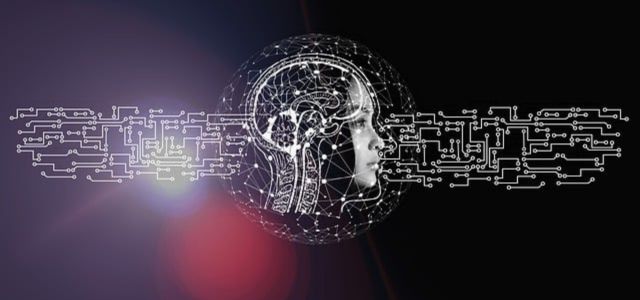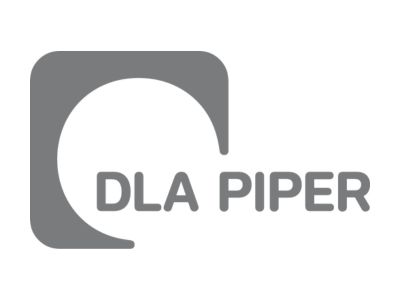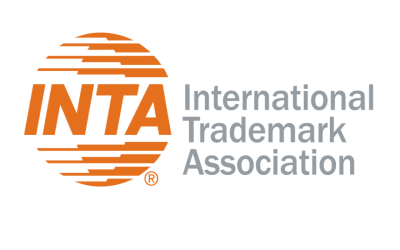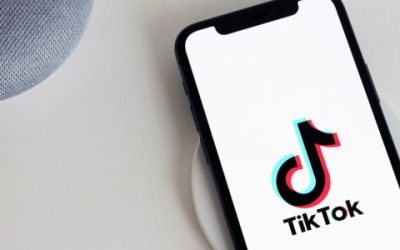At the present rate, there are roughly two major AI developments per day. Over successive days in September 2023, Open AI announced that Dall-E 3 would be integrated with GPT 4 which is important because it gives the image platform detailed generative abilities based on conversational style inputs; YouTube & Spotify both announced a suite of generative AI tools for content creation (from audio language translation in the creator’s actual voice, caption creation and even music overlay generation); Getty Images & Nvidia announced a fully indemnified image generation platform (copyright lawyers breathe); and Sam Altman confirmed in his first Reddit post for seven years that “AGI has been internally achieved”. OK, the last of these was a brilliant troll, but the other announcements (and others like it – there are too many to list) add exponential levels of excitement to a space where many have already reached fever pitch.
Speaking of copyright lawyers and their interest in AI, though; the announcement we are really waiting for is a ruling from a court in a sophisticated jurisdiction opining on the use of copyrighted materials to train LLMs, which in turn use those inputs to ultimately create “new” outputs. So, when news broke of a Delhi High Court judgment adjudicating in favor of actor Anil Kapoor, who had brought complaints against certain content creators, having been offended by the use of AI capabilities in their platforms, this outcome initially seemed like a big deal.
Who is AK, and more importantly what upset him?
Possibly the fact that Dev Patel won millions of rupees on his gameshow in “Slumdog Millionaire”? Yep, that’s Anil Kapoor. While being the star of over 100 Bollywood films over the last 40 years including “Mr India” (a film about a watch that makes you invisible), those less familiar with Bollywood will most likely remember him as the sub-continent’s answer to Chris Tarrant in Danny Boyle’s ‘Who Wants to be a Millionaire’ themed movie.
Also in Mr Kapoor’s filmography, the popular title “Yudh” (meaning “fight”) in which he famously remarked “Jhakaas” (or “Chakaas” – up to you) which basically translates to “cool” (think Keanu Reeves + “woah”). Mr Kapoor complained that 16 defendants (Simply Life India and others) had used his image and likeness within AI tools to generate materials that they then profited from without his consent, all while diminishing his reputation. As an example, much of the content being generated were videos and memes of Mr Kapoor at various events saying his famous phrase (raised lip and all), creating an association or endorsement-like quality (passing off lawyers recoil).
What did Justice Prathiba M Singh of the Delhi HC decide?
He acknowledged that free-speech and parody rights are important but said that the attempt to use AI tools to commercialize Mr Kapoor’s name, voice, dialogue, and image, or use of the same to ruin his reputation irrespective of monetization, was simply not on. Interestingly, the judge cited the potential use of these tools to create x-rated deepfakes, and the reaction that Mr Kapoor’s family might have to seeing those kinds of materials, as something to be considered.
And how did some media outlets misrepresent this?
In essence, by implying that a court had prevented an AI platform from being trained on underlying copyrighted material. Not true. This decision, while interesting, essentially reaffirms what has been a long-established rule of IP law in many countries including the UK. Just ask Topshop how its beef with Rihanna turned out. To quote my own LinkedIn post on this topic: “using the image/likeness/goodwill etc., of a specific individual to commercialize without consent has generally never been allowed in any sophisticated legal system, but using mass amounts of widely available data points to train LLMs which can generate “new” output almost instantaneously is a different question entirely”.
So, what’s the take away?
That content generation and AI go hand-in-hand, and while everybody has a view, we are still very much awaiting a decision on the key issues; likely to come first out of Getty Image v. Stability AI in the US (copyright lawyers, hold your breath again).
AI is jhakaas, and the yudh about what can be used to train it goes on.

Written by Satnam Singh Sahota
Legal Director, DLA Piper
You may also like…
INTA files statement in intervention in EU case on the inherent distinctiveness of color combination trademarks
New York, New York—July 24, 2024—The International Trademark Association (INTA) has filed a Statement in...
Bytedance stumbles in Singapore: IPOS rejects TIKI trademark challenge
The social media giant Bytedance, owner of the ubiquitous TikTok platform, recently suffered a setback in Singapore....
TOUR DE FRANCE fails in the third stage against German fitness studio chain
At the end of June, the 111th edition of the Tour de France kicked off. June also saw the end of a dispute between...
Contact us to write for out Newsletter














